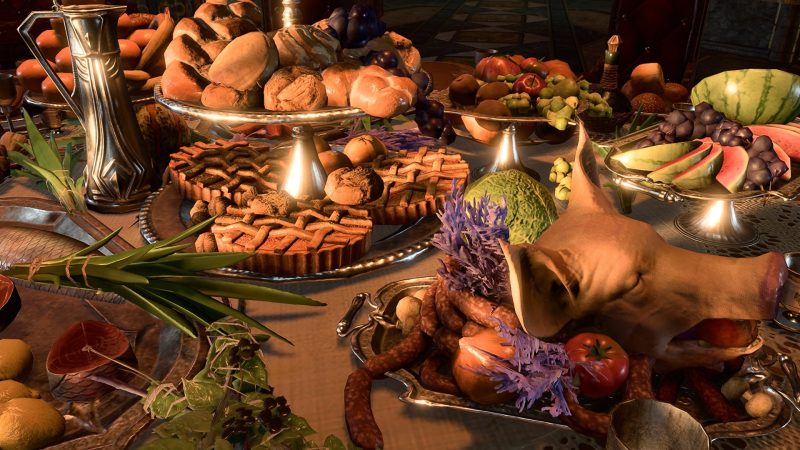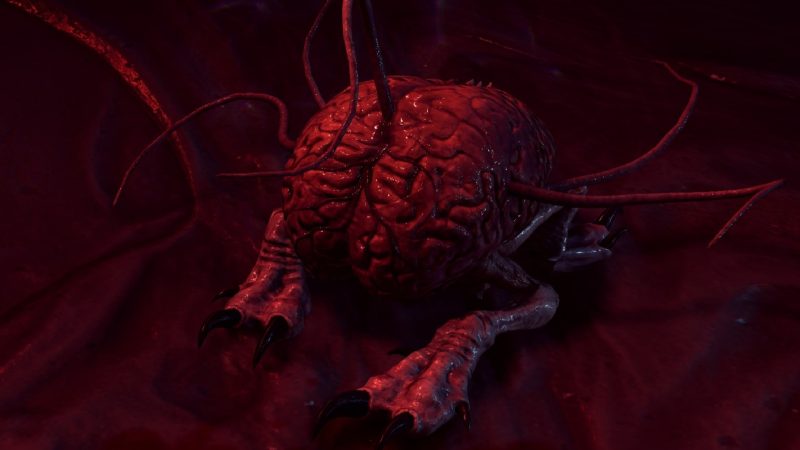Baldur’s Gate 3, the latest RPG behemoth from Larian Studios, has swiftly carved its niche among fans of the genre. Yet, what defines its success – the myriad choices and decisions available to players – recently became its latest challenge. It seems the seemingly unlimited number of choices players wove within the game’s world almost became too massive to handle. The player’s in-game actions are meticulously tracked in a “personal story database”, a record that captures the essence of a player’s journey. When players began to reach the previously established limits of this database, alarms rang at Larian Studios.
The initial concern was that as the personal story database overflowed with individual player decisions and choices, it might breach the save system’s limits. This was not an idle concern. Reports started trickling in about corrupted save files, game crashes, and even peculiar glitches – such as gnomes inadvertently revealing a bit too much of themselves, not that anyone was complaining.
It’s important to understand the magnitude of choices Baldur’s Gate 3 offers. This is a game where one can do anything from engaging in risqué escapades to stacking crates to bypass castle walls. It’s more than just an expansive world – it’s a realm where every decision matters and influences the broader narrative. For a game that boasts about 120 hours of gameplay and thousands of endings, this translates to a colossal amount of data.

Conversations within the gaming community reflect this overwhelming range of choices. On forums like the Baldur’s Gate 3 subreddit, while some players speak of having already completed the game (perhaps after several “sick days”), others share the dilemma of spending hours merely selecting a class.
The world of Faerûn, where the game is set, is not just a place to explore; it’s a character in itself, absorbing players into its intricate web of possibilities.
This overwhelming player autonomy, while being the game’s selling point, also led to a unique technical challenge. The age-old practice of save-scumming – creating a new save file every time a player is about to make a significant decision – added more weight to the save file system. Some players reported that upon reaching the maximum save limit, the game would create erroneous save game images in temporary folders and subsequently crash upon any attempt to save.

However, Larian Studios was quick to respond. They released hotfix 2.1, making the size of the database “infinite”, or more practically, limited only by the storage space available on a player’s hardware. This essentially uncapped the save system, allowing players to indulge in as many choices as their hard drives would permit.
This timely intervention not only illustrates Larian’s commitment to offering an uninterrupted experience but also helps highlights the evolving demands of modern gaming. In an era where players seek immersive experiences, developers are tasked with ensuring that the vastness of a game world doesn’t compromise its stability.
In addition to solving the database dilemma, the hotfix also re-enabled the much-awaited feature of cross-saves, which aligns perfectly with the launch of the PlayStation 5 port on September 6. For players, this means a seamless transition between platforms.

As for the future of Baldur’s Gate 3, while the possibility of an expansion remains uncertain, the game continues to be polished and perfected. Hotfix 3 is already “in the oven”, promising further enhancements and fixes.
It’s crazy to think that this “issue” could’ve been blown out of proportion had Larian Studios taken its sweet time fixing it. Instead, it’s drawing much praise and adoration, something that has been quite a bit of a common theme ever since Baldur’s Gate 3 came out.
At the moment, Baldur’s Gate 3 remains the frontrunner for this year’s Game of the Year award, with critics fawning over the latest Dungeons & Dragons game.

